Only five per cent of emails reach inboxes
ENISA's latest spam report shows ISPs are having to apply increasingly large resources to stopping malicious content at the inbox door.
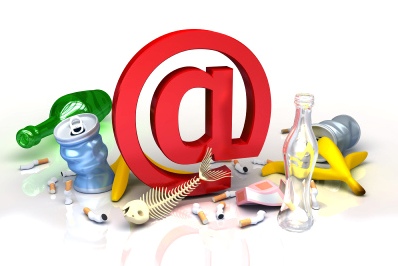
Spam accounts for 19 out of every 20 emails sent, and ISPs aren't doing enough to combat it, according to the European Network and Information Security Agency (ENISA).
The EU's cyber security agency has just released its third annual spam report, and says a more "dedicated effort" is needed from ISPs to get spam under control.
It spoke to 100 email service providers of various sizes in 27 EU member states as part of its ongoing strategy to combat spam. The survey was aimed at getting a feel for the measures ISPs had put in place to deal with spam.
Its results show genuine email has decreased from six per cent of 2008's total email count to five per cent a year later, with 70 per cent of respondents saying spam was an "extremely significant or significant" part of their security strategy.
Last week McAfee came to much the same conclusion in its first report of the new decade pulling out pharmaceutical spam as the biggest culprit.
"Spammers have such a grip on this market, this area of the web is becoming increasingly standardised, making detection of malicious content all the more difficult," it said in a statement.
To that end, ENISA reported that a third of the largest service providers reported anti-spam budgets reaching into the millions every year, while a quarter of even the smallest providers reported an annual spam-fighting budget exceeding 10,000.
Sign up today and you will receive a free copy of our Future Focus 2025 report - the leading guidance on AI, cybersecurity and other IT challenges as per 700+ senior executives
ISPs were found to be using a wide spectrum of measures to try and stem the flow, from technical and policy steps to raising awareness and establishing a clear legal framework for tackling the issue.
Depressingly, it concludes that no significant progress is being made.
"Spam remains an unnecessary, time-consuming and costly burden for Europe," ENISA's executive director Dr. Udo Helmbrecht said. "Given the number of spam messages observed, I can only conclude more dedicated efforts must be undertaken.
"Email providers should be better at monitoring spam and identifying the source. Policy-makers and regulatory authorities should clarify the conflicts between spam-filtering, privacy, and obligation to deliver."
-
 Hackers are using LLMs to generate malicious JavaScript in real time
Hackers are using LLMs to generate malicious JavaScript in real timeNews Defenders advised to use runtime behavioral analysis to detect and block malicious activity at the point of execution, directly within the browser
-
 Developers in India are "catching up fast" on AI-generated coding
Developers in India are "catching up fast" on AI-generated codingNews Developers in the United States are leading the world in AI coding practices, at least for now
-
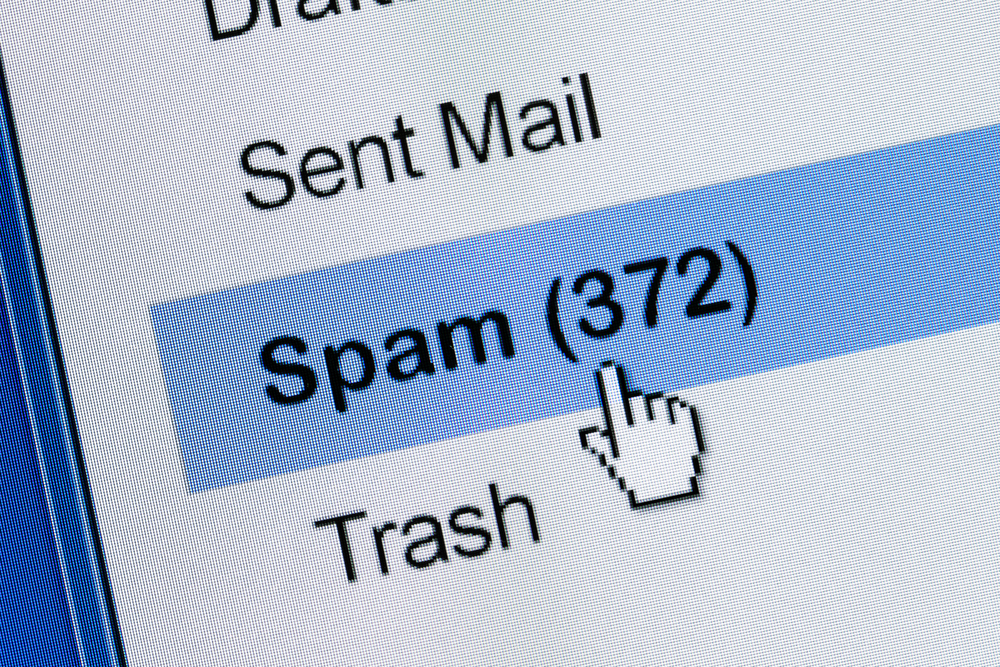 Outlook and Hotmail email accounts hit by spam attack
Outlook and Hotmail email accounts hit by spam attackNews Users were bombarded by spam emails apparently because Microsoft's spam filters weren't working properly
-
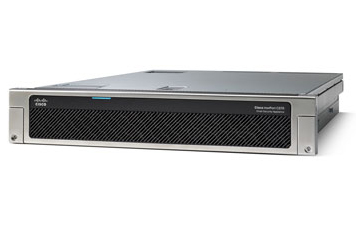 New Cisco email services to enhance security and management
New Cisco email services to enhance security and managementNews Cisco's new email services could put Exchange's laughable email recall and receipts features to shame.
-
 Travelodge hit by data breach
Travelodge hit by data breachNews Customers of the hotel chain have been spammed following a data breach.
-
 Amazon Simple Email Service launched
Amazon Simple Email Service launchedNews Amazon's cloud side looks to help companies send out bulk emails with its new service.
-
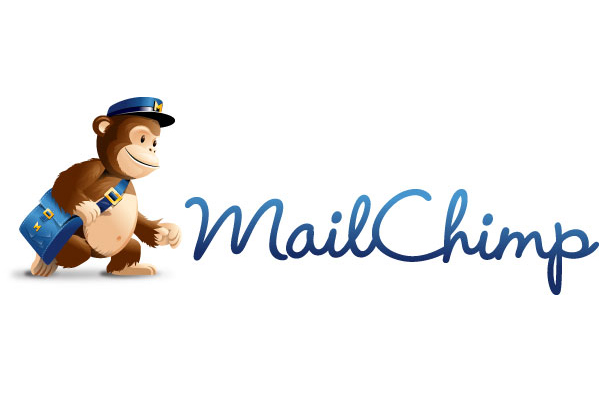 MailChimp review
MailChimp reviewReviews Is the amusingly-named MailChimp email marketing service sweet as a banana or a bit of a howler? Karl Wright finds out in our review.
-
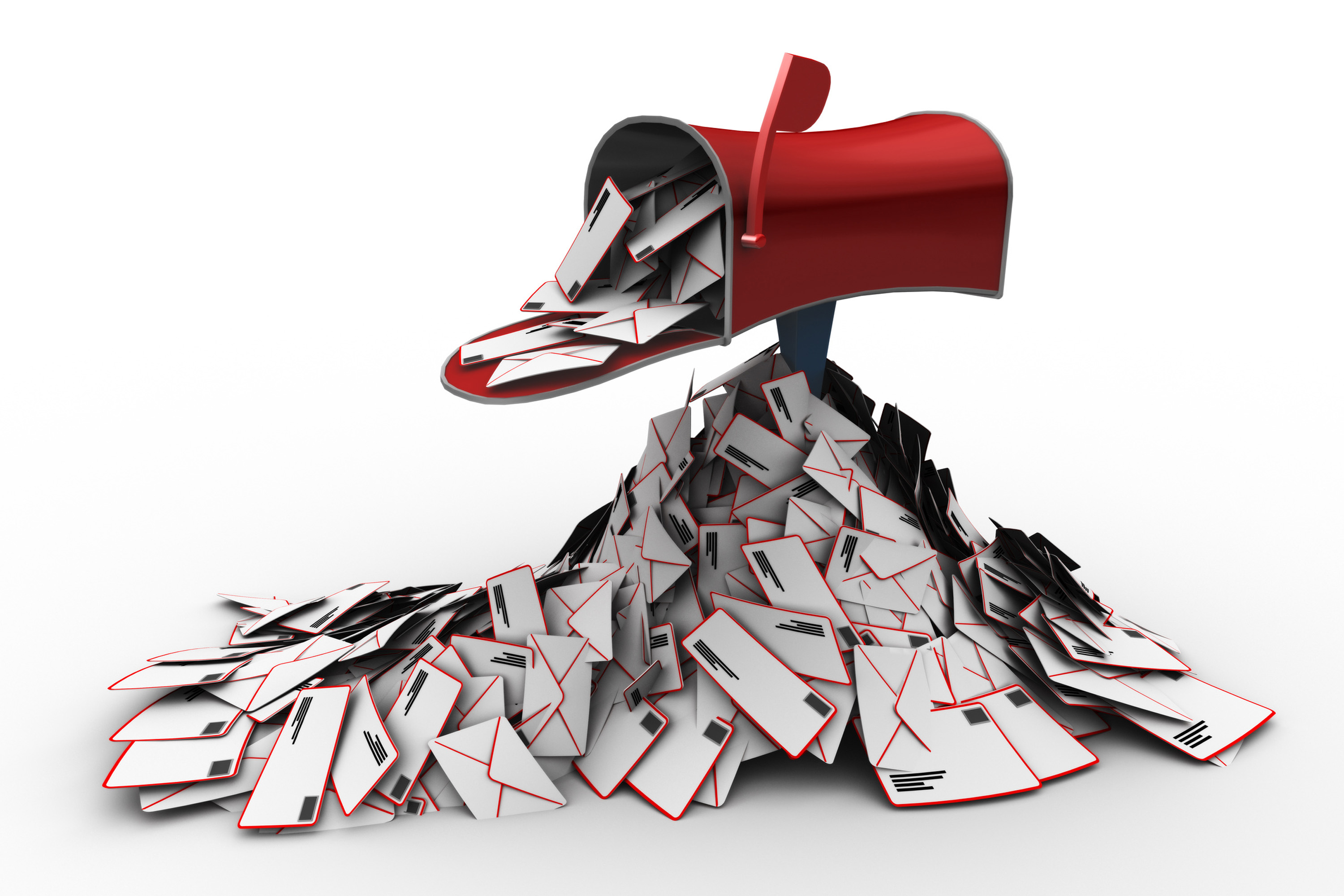 UK in top four for sending spam
UK in top four for sending spamNews The UK has taken fourth place in the list of countries with the most spam relays.
-
 Millions of legitimate emails getting blocked by ISPs
Millions of legitimate emails getting blocked by ISPsNews Internet service providers (ISPs) are blocking millions of legitimate emails, an email delivery company has claimed.
-
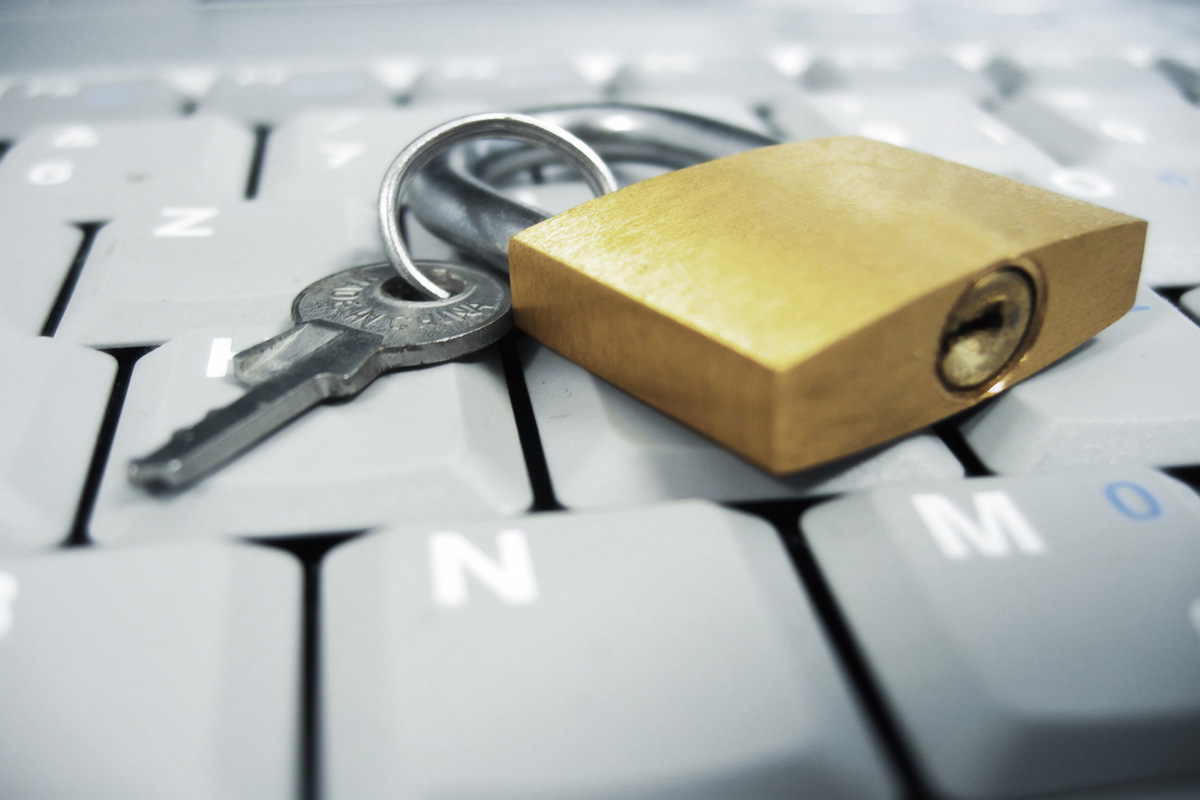 Outbound spam a big concern for users
Outbound spam a big concern for usersNews Most email users consider blocking of spam sent from within a service provider's network as a big issue, according to a poll.